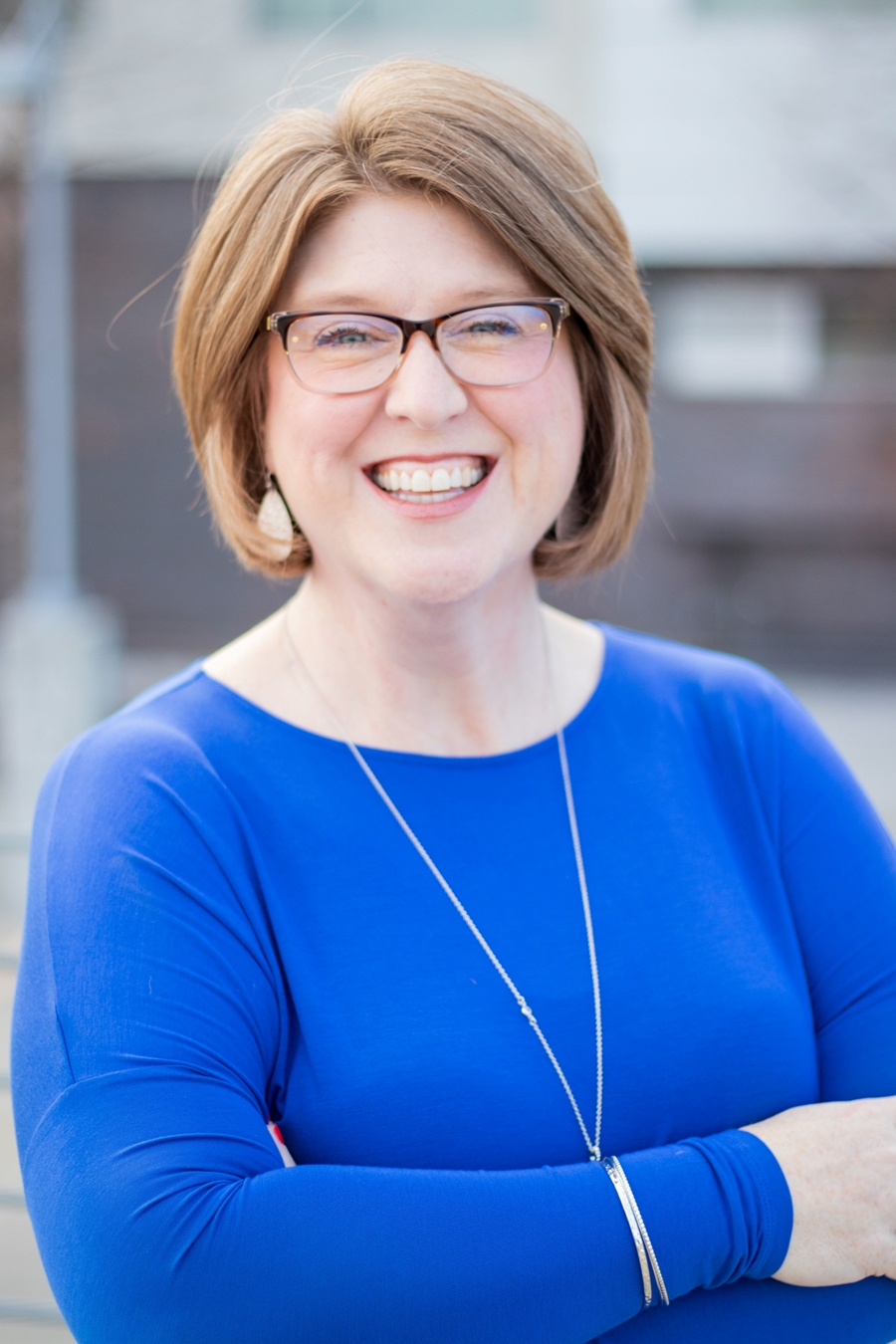Beth Pesnell, a leadership coach and project specialist at the National Institute for STEM Education, was considering a variety of dissertation topics when the COVID-19 pandemic hit.
Pesnell, a Ph.D. candidate at the University of Arkansas, quickly seized the opportunity to research elementary teachers' experiences with remote learning and its impact on science instruction during this unprecedented time.
As a former elementary classroom teacher and math and science curriculum specialist, Pesnell knew that science instruction is often pushed to the side during normal classroom instruction to allow for additional instructional time in literacy and math.
"I also knew of the demands that elementary teachers face in a typical classroom setting," she said. "I was curious to know what the remote learning experience would be like for elementary teachers, as well as what science instruction would look like in this new virtual learning environment."
"I wanted to understand their experiences pivoting to remote learning from a 'traditional' classroom with very little warning or preparatory training for this type of learning environment."
Pesnell's study shows a unique snapshot in time. She followed 10 elementary school teachers over the first nine weeks of the pandemic, immediately after schools across the country switched to remote learning.
She conducted in-depth interviews every week during that time and followed up with those same teachers in the fall to capture their transition back into the classroom.
"This research offers great insight into elementary science education in general, as well as for future remote learning situations," she said.
Pesnell, who also serves as a professional learning facilitator for the National Science Teachers Association, said there were multiple aspects of this experience that she wanted to study and understand.
Several findings from her research include:
- Most of the teachers involved in the study were told that literacy and math should be the focus during remote learning and upon their return to school in the fall. This was the most influential factor on science instruction during the remote learning period and when they were back in the classroom.
- Science instruction during remote learning had to be easy for students to do at home and not require much assistance, so very few hands-on activities were conducted or assigned.
- Science lessons during remote learning were considered "optional" for students, while their literacy and math lessons were required.
- Most of the teachers were required to review previously learned concepts (in all subject areas) during the remote learning experience.
- Many of them spent hours learning new technologies so they could provide opportunities for students to engage together and submit assignments.
- The teachers reported feelings of inadequacy during the remote learning period. Those who were experienced and capable in the classroom found themselves grappling to teach effectively in this situation.
- It was difficult for many of the teachers to balance family and remote teaching. Several had their own children at home who were also trying to complete remote learning requirements and needed supervision.
- Many of the teachers were not able to contact all their students' parents during remote learning, which caused additional anxiety. They were concerned about how their students were doing, if they were safe, if they had food and other concerns.
- Access to reliable internet was not equitable. While all school districts offered options for students to check out devices, they weren't able to offer internet to all students.
Pesnell said when teachers returned to their classrooms this fall, they reported that safety restrictions due to COVID-19 limited their ability to effectively engage students in active, inquiry-based science instruction. They also weren't able to share materials as easily as they did before COVID-19 and were limited with partner or group work activities.
"Many teachers barely had the supplies needed to engage in investigation/exploration with small groups, so to have students engage in hands-on activities as individuals or partners is more difficult and often not possible," she said.
Pesnell is hopeful her findings will inform future remote learning situations that could arise amid the pandemic or during other unforeseen events.
Pesnell successfully defended her dissertation at the end of November, sharing these findings with a committee. She earned a Ph.D. in Curriculum and Instruction with a focus on science education. Committee members for her dissertation were William McComas, Stephen Burgin and Cathy Wissehr.
Topics
Contacts
Shannon G. Magsam, director of communications
College of Education and Health Professions
479-575-3138,
